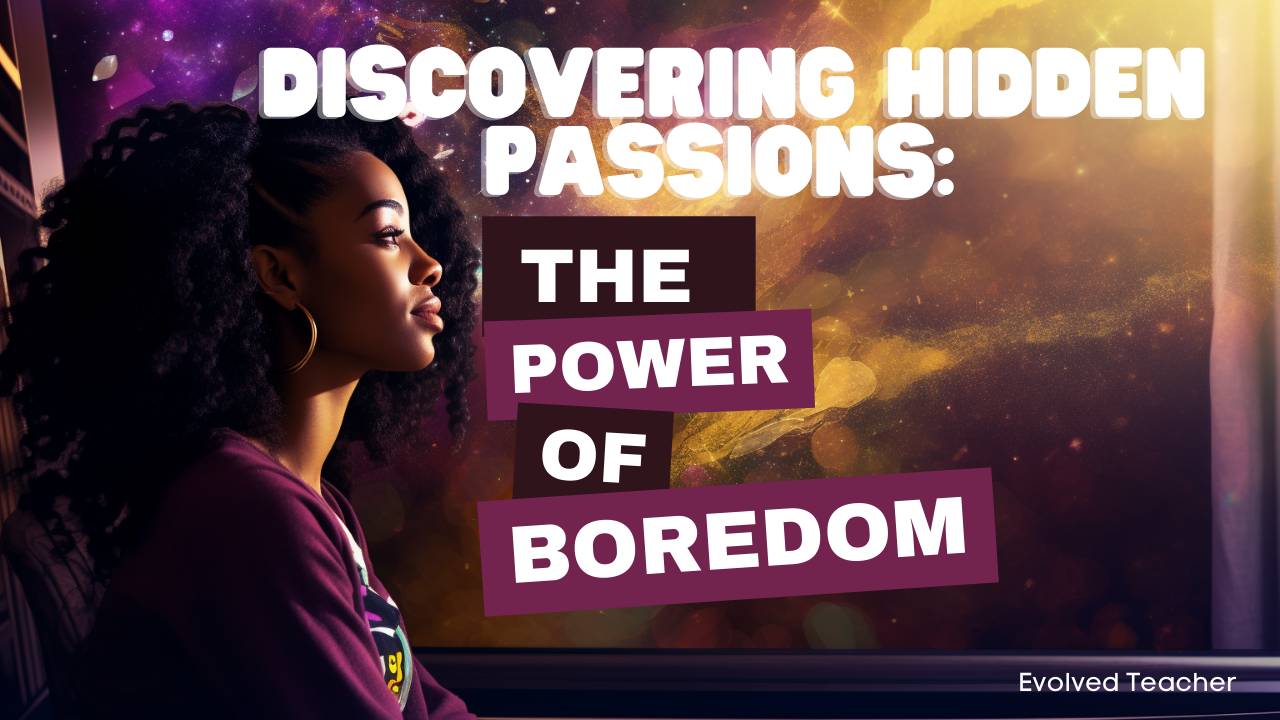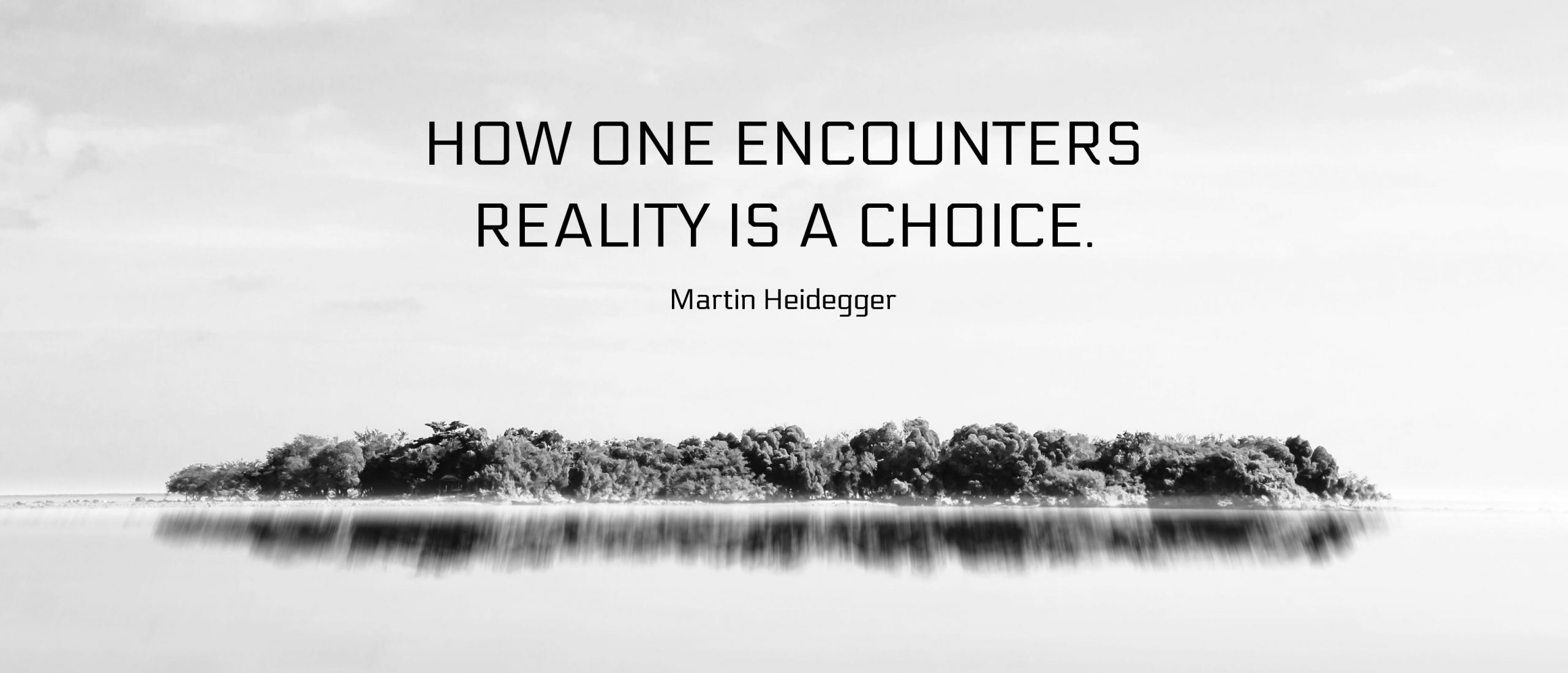How To Harness The Hidden Power Of Boredom

The clock ticks with a maddening rhythm, each second echoing in the quiet room. Outside, a grey sky threatens rain. You've scrolled through every social media feed, binge-watched anything remotely interesting, and even organized your sock drawer. A familiar feeling washes over you: boredom. But what if this state, so often dreaded and avoided, is actually a hidden wellspring of creativity and innovation?
This article explores the surprising benefits of boredom, revealing how embracing those moments of mental downtime can lead to increased creativity, improved mental health, and a deeper understanding of ourselves. We'll delve into the science behind boredom, uncover practical strategies for harnessing its power, and demonstrate how to transform it from a dreaded state into a valuable asset.
The Science of Boredom: More Than Just Doing Nothing
Boredom, far from being a simple lack of stimulation, is a complex emotional and cognitive state. Dr. Sandi Mann, a psychologist at the University of Central Lancashire and author of "The Upside of Downtime," explains that boredom arises when we are unable to find meaning or engagement in our current situation.
Our brains are constantly seeking novelty and purpose. When these needs aren't met, we experience the feeling of being bored. This can trigger a search for new goals and motivations, pushing us to explore new avenues and break free from routine.
Research suggests that boredom activates the brain's default mode network (DMN). The DMN is a network of brain regions that becomes active when we're not focused on external tasks, allowing our minds to wander and engage in spontaneous thought.
Mind-wandering, often associated with boredom, is crucial for creativity and problem-solving. It allows us to connect seemingly unrelated ideas, generate novel solutions, and reflect on our experiences.
Boredom's Unexpected Benefits: Unleashing Creativity and Self-Discovery
The benefits of boredom extend far beyond simple relaxation. Studies have shown that boredom can enhance creativity, improve mental health, and foster self-reflection.
One study published in the journal "Creativity Research Journal" found that participants who were induced with boredom performed better on subsequent creativity tasks. The researchers concluded that boredom encourages individuals to seek out new and stimulating experiences, leading to more creative thinking.
Boredom can also act as a powerful catalyst for self-reflection. In our hyper-connected world, we are constantly bombarded with information and distractions, leaving little time for introspection.
Moments of boredom provide an opportunity to disconnect from the noise and turn inward. This allows us to examine our thoughts, feelings, and motivations, leading to a deeper understanding of ourselves and our values.
Furthermore, embracing boredom can improve our mental health. Constant stimulation can lead to stress and anxiety, while allowing ourselves to experience moments of mental stillness can promote relaxation and reduce overall stress levels.
Transforming Boredom into a Tool: Practical Strategies
The key is to approach boredom not as an enemy to be avoided, but as an opportunity to be embraced. Here are some practical strategies for harnessing the power of boredom:
Embrace Unstructured Time
Schedule time for unstructured activities where you are not focused on achieving any specific goal. This could involve going for a walk without a destination, sitting quietly in nature, or simply allowing yourself to daydream.
Resist the urge to immediately fill these moments with distractions like social media or television. Instead, allow your mind to wander freely and see where it takes you.
Practice Mindfulness and Meditation
Mindfulness and meditation can help you become more comfortable with being present in the moment, even when that moment feels boring. By focusing on your breath and observing your thoughts without judgment, you can learn to accept boredom without feeling the need to escape it.
Apps like Headspace and Calm offer guided meditations specifically designed to help you cultivate mindfulness and manage boredom.
Engage in Low-Stimulation Activities
Activities that require minimal mental effort, such as knitting, gardening, or doing puzzles, can be surprisingly effective at fostering creativity. These activities allow your mind to wander while still providing a gentle level of engagement.
Dr. Mann suggests that activities like sorting socks or weeding the garden can actually be more beneficial than trying to force creativity through structured brainstorming sessions.
Embrace Solitude
Spending time alone, away from the demands and expectations of others, can be incredibly restorative. Solitude provides an opportunity to connect with your own thoughts and feelings without external influence.
Use this time to journal, read, or simply reflect on your life. You may be surprised at the insights and ideas that emerge when you are free from distractions.
Limit Screen Time
Constant exposure to screens can overload our brains and make it difficult to experience true boredom. Make a conscious effort to limit your screen time, especially during periods when you want to cultivate creativity and self-reflection.
Consider setting specific times of day when you will disconnect from technology and allow yourself to simply be present with your thoughts and surroundings.
Reclaiming Boredom in a World of Constant Stimulation
In a world that constantly demands our attention, embracing boredom can feel like a radical act of self-care. By resisting the urge to constantly fill our minds with stimulation, we create space for creativity, self-reflection, and improved mental health.
The next time you find yourself feeling bored, resist the temptation to reach for your phone or turn on the television. Instead, embrace the opportunity to disconnect from the noise and connect with yourself. You may be surprised at the hidden power that lies within those moments of mental stillness.
Boredom isn't the enemy; it's a signal. A signal that you need something more, something different, something meaningful. Listen to it.


















